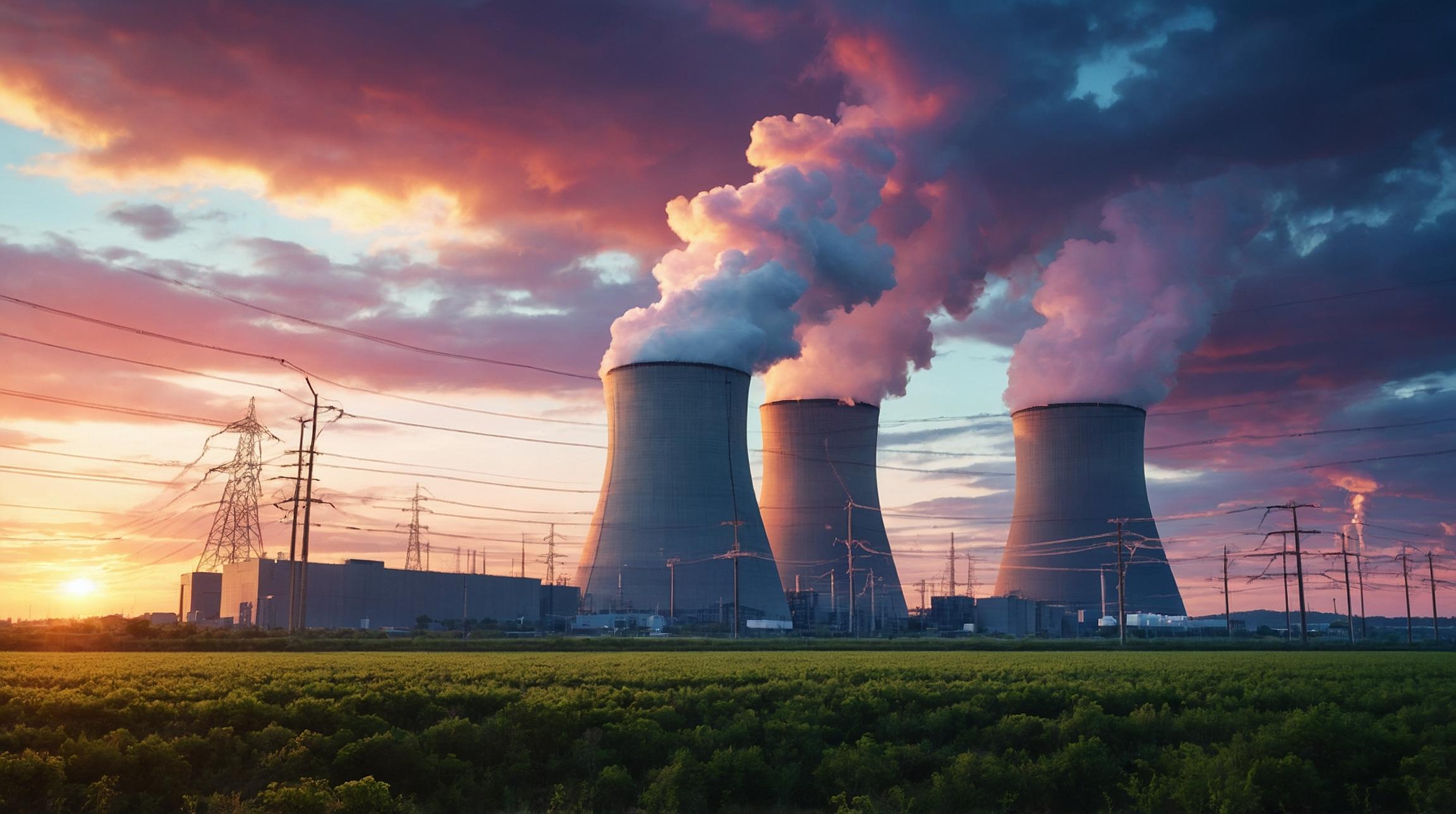Nuclear Power and AI: A Vital Partnership
The revival of America's nuclear industry is seeing a resurgence, driven by the massive energy requirements of artificial intelligence (AI). As AI technologies, like chatbots, become increasingly integral to daily operations, the need for reliable and clean energy sources has become paramount. Take the Three Mile Island power plant in Pennsylvania. Once known for a nuclear accident in 1979, it's now being revitalized to meet the energy demands of AI and technology giants like Microsoft. The tech giant plans to purchase power from the plant for 20 years, marking a significant shift in how tech companies approach energy consumption, aligning with their sustainability goals.
Why AI Needs So Much Power
AI applications, including ChatGPT and other similar technologies, consume enormous amounts of electricity. This is due to their data-intensive algorithms and the need for powerful computing hardware. For example, an AI-powered search can use five to ten times more electricity than a standard internet search. The pressure to provide sufficient power is growing. Countries like Argentina and India are being compared to AI's projected power needs within a few years.
The Role of Power Purchase Agreements
To manage this demand, tech companies are turning to power purchase agreements (PPAs). PPAs allow companies to buy enough clean energy to offset their carbon emissions, rather than sourcing it directly. This strategy supports Microsoft's climate goals, such as its commitment to becoming carbon negative by 2030. However, the slow pace of building solar, wind, and geothermal solutions means these agreements are necessary.
Challenges and Opportunities
Despite these efforts, there’s a reliance on fossil fuels, which could hinder green energy transitions. Yet, nuclear power offers a carbon-free, continuous energy supply, providing what's known as " , ". The round-the-clock reliability of nuclear energy makes it an attractive option for fulfilling the constant power needs of data centers.
Expanding Nuclear Options
The shift to nuclear is not limited to Microsoft. Other tech giants, like Amazon and Google, are investing in nuclear energy options, including the prospect of nuclear fusion, a highly experimental but potentially transformative technology. Influential figures such as Bill Gates and Jeff Bezos are also backing these initiatives, signaling a broader industry move towards nuclear solutions.
Future Prospects
The potential for nuclear power to support the AI revolution is significant. With retired reactors being brought back online and plans for new reactors underway, nuclear could be the only scalable clean energy solution available until renewable infrastructure catches up. The idea of small nuclear reactors is gaining traction as a means to provide uninterrupted power to data centers, a necessity for future AI advancements. The infrastructure changes needed are vast, but so is the potential for nuclear to reshape America’s energy landscape to support the growing tech frontier.
In conclusion, as AI reshapes our digital world, nuclear energy might be essential in rebuilding our physical power infrastructure, ensuring sustainability and reliability for the tech-driven future ahead.
Sources: NY Times, The Verge, Energy Department Reports, AI Industry Analyses
Keywords: Nuclear Power, Artificial Intelligence, Clean Energy, Microsoft, Power Purchase Agreements, Carbon Negative, Tech Industry Energy Usage
Category: 464
Image Source: Provided by Getty Images featuring the Three Mile Island Nuclear Power Plant.
Note: This article simplifies the complexity of AI's energy needs and the current transition back to nuclear power, making it accessible to non-technical audiences.













